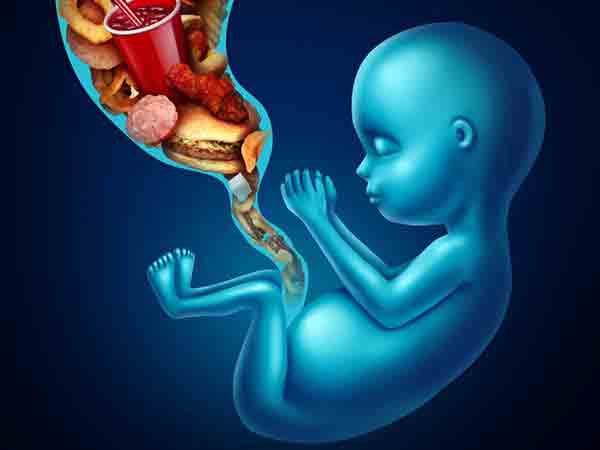Diet: The keystone of autism spectrum disorder?
This 2019 review discusses the role of diet (both of the mother during pregnancy and of the child) in the development and worsening of autism symptoms. Autism, characterized by impairment of social interaction and repetitive patterns of behavior, appear to be somewhat influenced by the mother’s diet during pregnancy. Evidence suggests that environmental factors during the prenatal period (before birth) could affect the neurodevelopment of the offspring. Furthermore, a maternal diet high in specific nutrients have been associated with increasing or decreasing the risk of developing Autism Spectrum Disorders (ASD). With regards to children with ASD, the diet is also believed to play a key factor in the worsening of their symptoms. Kids with autism are generally selective with their foods and their diets are limited due to the smells, tastes, or other characteristics of foods. These predetermined dietary patterns lead to deficiencies and overconsumption of certain foods. Several studies have tried to show a possible relationship between nutritional status and autism. [NPID: maternal diet, child development, postpartum depression, pregnancy, autism, ASD, social interaction, maternal diet, neurodevelopment, autism]
Year: 2019
 Navigation
Navigation






